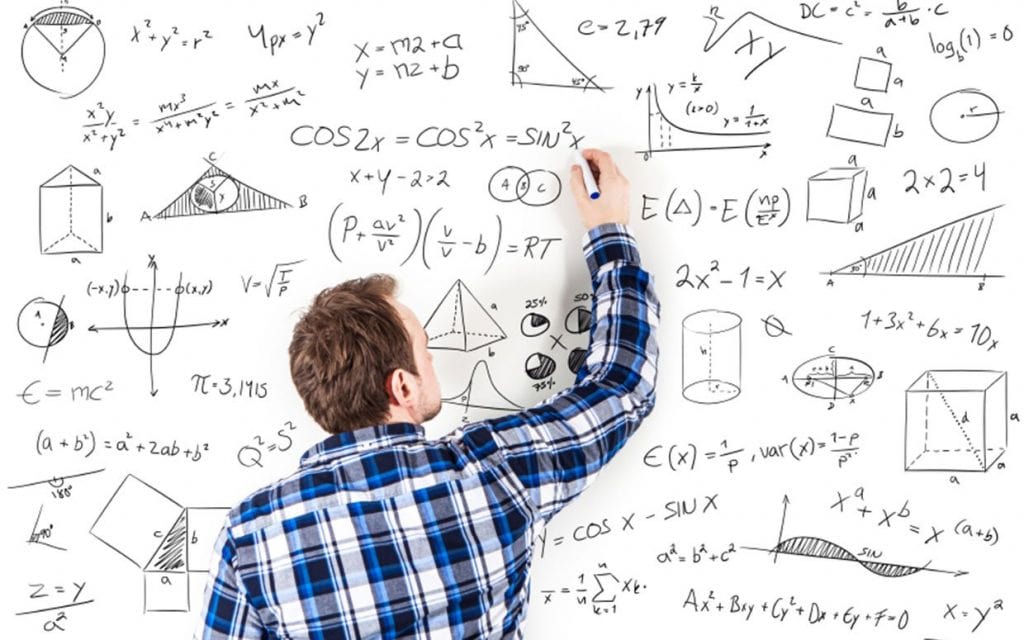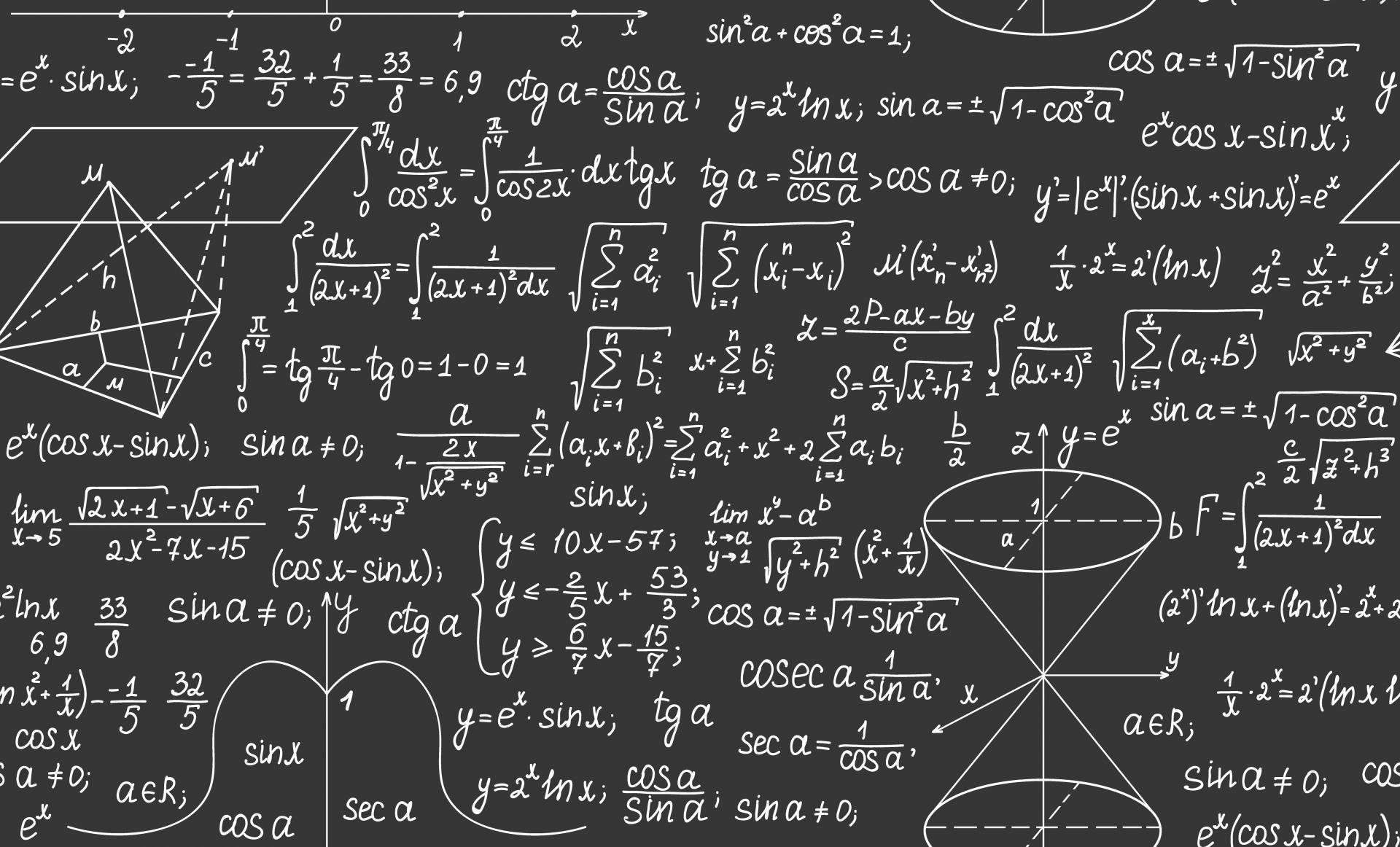Teach or play: how to effectively prepare children for first grade, touch math
Principles of home game training from an experienced psychologist.
Is your baby about to become a first-grader? So it’s time to think about how to prepare your child for the first grade, so that the study does not become a test for the whole family.
What to do: to give to the development or to prepare itself
The first option is definitely simpler. Then you write off the responsibility for proven programs from a specialist.

What are the advantages of “development”:
Mom, have you taken everything into account when preparing your child for school?
Mom saves time and energy.
If the teacher is a professional, the result is guaranteed.
If the child goes to classes at school, he gets acquainted in advance with the teachers, future classmates, premises and routine.
There are also disadvantages:
Choosing a teacher is a very responsible job. It is worth asking for recommendations from friends, watching reviews on the Internet, because sometimes there are dishonest people. Alas, education and certificates do not always talk about the quality of training.
The higher the teacher is valued, the more expensive the classes.
In the classroom teachers do not always pay attention to each child.
Group classes are held in a classroom form: desks, notebooks, pens, lessons… Playful uniforms require more time, so they are rarely used in classes to prepare for school.
The second option requires more energy from the mother, but gives the opportunity to choose the form of presentation of the material and independently adjust, on what topic should be emphasized, what skill to work out better, and what can be missed, because the child already knows.
The mother can prepare the child most naturally – in game.
What are the useful games to prepare for school preschoolers
Leading activity in 5-6 years – the game. As a child touch math? It stays that way with 70% of children in the first grade: did you notice how after 15 minutes of class children start looking out the window and swinging on chairs? At the same time, in a board game a child can “chop” for an hour and a half and ask for more! This is the game activity! So, and to prepare for school is most productive in the game, rather than sitting at the table.
When my mother gives my child tasks in the style of school, he gets tired, and he does not want to go anywhere. Thoughtless preparation for school often duplicates what children learn in the first grade. In the end, the first year the child finds out that he knows everything, all this went on similar notebooks. Is it interesting for him to study? Alas, no.
The child goes to first grade.
It doesn’t mean you have to lower the bar on knowledge if the child is ready to absorb it. He can acquire all the knowledge and skills in the game.
Even if the child belongs to those 30%, which from early childhood is able to not break away from gripping over notebooks and textbooks, still start with the game, and then add training. So in the first grade, the child will not feel that he has already passed all this, and the motivation for the teaching will not fall.
How to turn school preparation into a game, 1st grade math games
Add some moving games. All you can do in motion – calculate the steps, tell a line of poems, throwing the ball – do in motion, not at the table in your notebook.
Add characters – toys that will ask questions or tell something for you. For an adult nothing changes, but for a child changes a lot!
Focus on the interests of the child. Does the boy like typewriters? Take your favorite truck, and let him deliver toys products – one fruit, another vegetables. At the same time, we’ll learn to distinguish between them. Does the girl prefer a teddy bear? We open a shop with the teddy bear or have a tea party with fastidious guests.
Avoid control, evaluation and discontent. If you want to check if your child has memorised a rhyme, arrange a home concert in front of your daddy or toys where the child will tell the story. Let’s just agree not to grade. Praise how good he is, even if he hasn’t remembered everything yet. If the child is touchy, wait for a while, let him distract, play another game, and then already give advice on how best to tell a poem.
Criticize or not criticize the child?
Specific examples of magical transformation…
What a child should know and be able to do in Grade 1 depends on the requirements of the school. But the main points can be found on the Internet. Let’s look at a few examples to make it clear how easy it is to turn children’s preparation for school into a game.
Skills of a successful first-grader
To know information about yourself and your relatives. A child should know his or her first name, surname, patronymic, age, date of birth; the surname, first name and patronymic of his or her parents, their occupation and place of work; the names of other family members and who they are.
The first idea is to learn it and repeat it every day. And, of course, it will be. Is it possible to come up with a game?

Draw a genealogical tree with the child. Pick photos together, print them on a printer or in a photo studio. Take a large piece of paper or old wallpaper and draw a tree. Picture a branch with a pencil so that your child can wrap paint or felt-tip pens around it and draw the crown. Place pictures of relatives on the tree with signatures – surnames, names, even if the child has not read yet. The child can cut out and glue the faces of relatives from the photos himself. Don’t be afraid to give him or her a job, but be there to tell him or her how best to do it in time.
Tell us the logic of the patronymic: if Grandpa Ivan, then Mom is Ivanovna.
Puzzle each other with riddles. “I have puzzled the one who has Anya’s daughter, and he has no beard. Who’s that?” Or one puzzles a family member and the other guesses by asking questions with possible answers “yes” or “no”.
Count to 10, solve simple tasks. Most often children from a year old are taught to list the numbers from 1 to 10. Mechanical memory plays a bad joke – the child begins to confuse the sequence. Or, for example, falls into stupor when you ask what floor is under the fifth.
To avoid that, you have to memorize with understanding, not mechanically. So from an early age, play with objects. First take two, then add another one, and another one, gradually.
Focus on the interests of the child: you can count how many cars on the train, and you can count butterflies sitting on flowers. And at the same time unobtrusively weave tasks in the game: how many butterflies will be if two more come?
Correctly hold a pencil (pen), write on the sample of printed letters. What are your options? We take the usual captions with the letters and write a whole line?
And we offer three stages, which will be more effective and less tedious in preparing your child for school.
Make up a story, a mini-performance. It could be a game on any subject. You can play ball or make porridge out of dice.
Draw a simple pencil drawing of the game theme, 1st grade math games for children. The child can circle it and add their own elements.
Sign with a short phrase. “We play ball” or “Good porridge.” Let the child circle it and rewrite it next to it. He’ll be much more interested in writing the word! By the way, here is the action on the sample – another skill, which should be formed by 1 class.
Sometimes it’s hard for moms to turn preparation for the 1st grade into games. You bet! From the age of 7, we mostly studied, but played rarely. But if you start playing, catch this wave, the games with children will turn into an easy and fun activity!